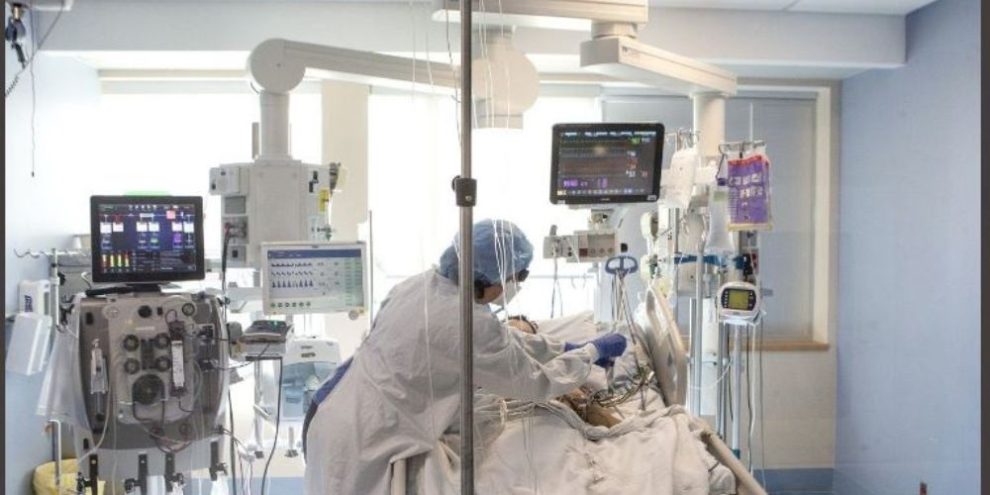
By Liam Casey and Allison Jones
Ontario is projected to be short 33,000 nurses and personal support workers by 2028 and needs to spend billions more than planned to meet its health-sector expansion promises, the province's fiscal watchdog said Wednesday.
In a special report on health-care, the Financial Accountability Office said the province has allocated $21-billion less than what is needed to cover its commitments over a six-year period to expand hospitals, long-term care and home care.
Ontario's health-care system has buckled in recent years with severe staffing shortages that have led to temporary emergency room closures, a massive surgical backlog and fed-up patients.
"Relative to projected growth in demand, by 2027-28, Ontario will have less hospital capacity, similar home-care capacity and less long-term care capacity compared to what it had in 2019-20," Financial Accountability Officer Peter Weltman wrote in the report.
Weltman said the current shortage of nurses and personal support workers will persist for the next six years.
"These nurse and PSW shortages will jeopardize Ontario’s ability to sustain current programs and meet program expansion commitments,' Weltman wrote.
The financial watchdog said the province could address the funding shortfall by incrementally spending more in upcoming budgets and giving health-care a boost from Ontario's ballooning contingency fund.
Premier Doug Ford took issue with the report, calling it a "snapshot in time."
"We're throwing everything in the kitchen sink at health-care," Ford said.
He called the report "frustrating" and said the fiscal watchdog did not take into consideration Ontario's pending health-care deal with the federal government that will see $8.4 billion in new money plus $776 million in a one-time top up to address "urgent needs."
Minister of Health spokeswoman Hannah Jensen said Ontario will use money from the health-care deal to hire more nurses and sign up more people with family doctors.
She said the province is investing heavily in health care, has reduced wait times for key surgeries and "broke records" by registering more new nurses in 2022.
Nursing shortages caused emergency departments to shutter temporarily for days or even weeks at a time last year. Pediatric hospitals were overwhelmed in the fall as they dealt with thousands of really sick children in intensive care units and emergency departments.
There were at least 145 unplanned emergency department closures across the province in 2022, Weltman wrote.
The fiscal watchdog also said that as of September there were 250,000 people on the province's surgical wait-list.
Ford and the health minister's office refuted that, saying the wait-list was now down to about 203,000 people, close to the pre-pandemic wait-list.
Weltman said the province has yet to return to pre-pandemic levels of surgeries performed despite Ontario's $858 million investment on the issue.
Nearly 12,000 children are awaiting surgery and more than half of them have waited beyond the clinically recommended time.
Weltman also said it was "unlikely" the province would achieve its goal of adding 7,000 hospital beds by 2027-28.
"Even if the province achieves its plan to increase available hospital capacity by 7,000 beds by 2027-28, the FAO projects that Ontario will still be 500 beds short of the estimated 7,500 beds needed just to serve the growth in demand for hospital services from Ontario’s growing and aging population," the report said.
In 2022-23, the average length of stay for patients admitted to an emergency department was 20.9 hours, a 34 per cent increase compared to the five-year period before the pandemic hit, the report said.
The province is in the midst of an ambitious plan to reform health care and alleviate strain on the system.
As part of its reform efforts, the province has tabled legislation that will see more cataract surgeries performed in private clinics. It is also creating a new surgical system for hip and knee replacement procedures to be done in private clinics.
Ford has said patients will not have to pay for the services, but critics have warned of upselling by the private clinics.
This report by The Canadian Press was first published March 8, 2023.
This is a corrected story. A previous version misstated the number of years the report examined
Banner image via The Canadian Press





